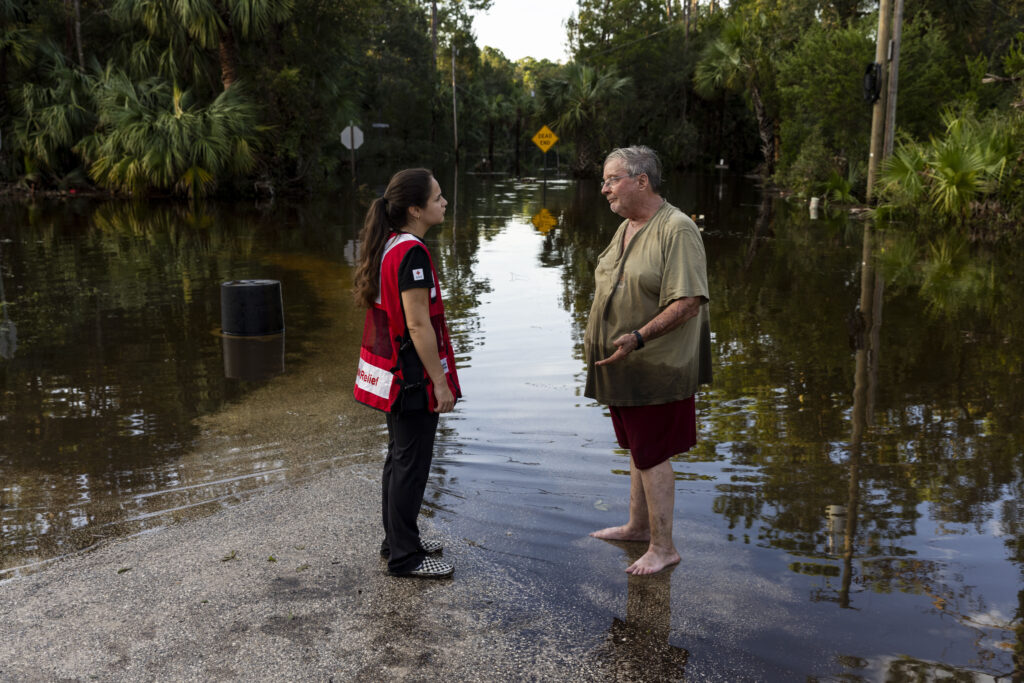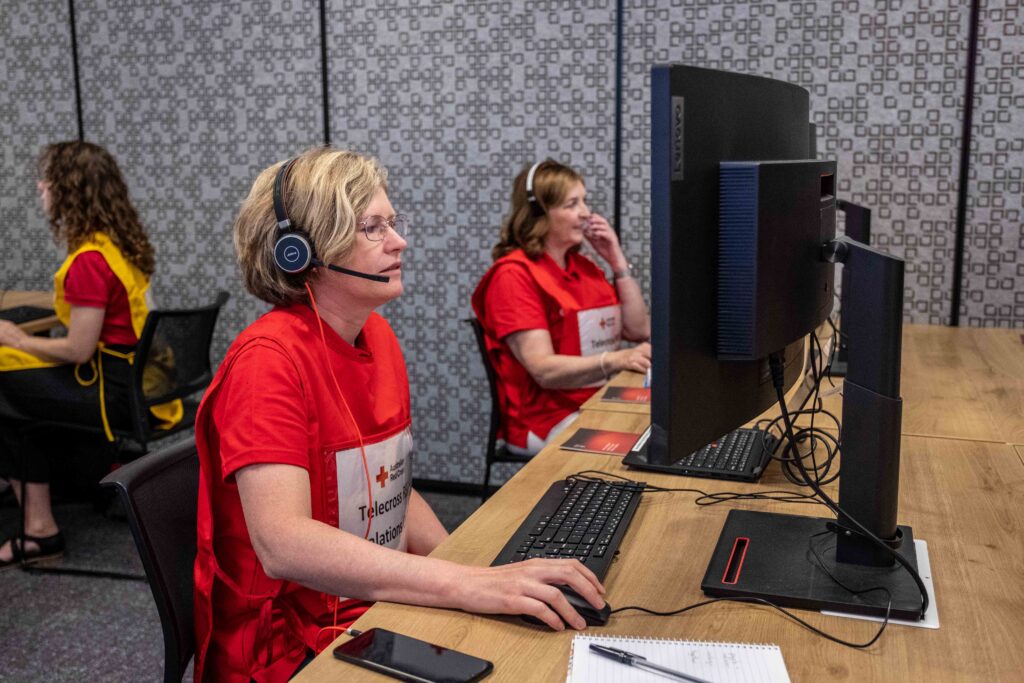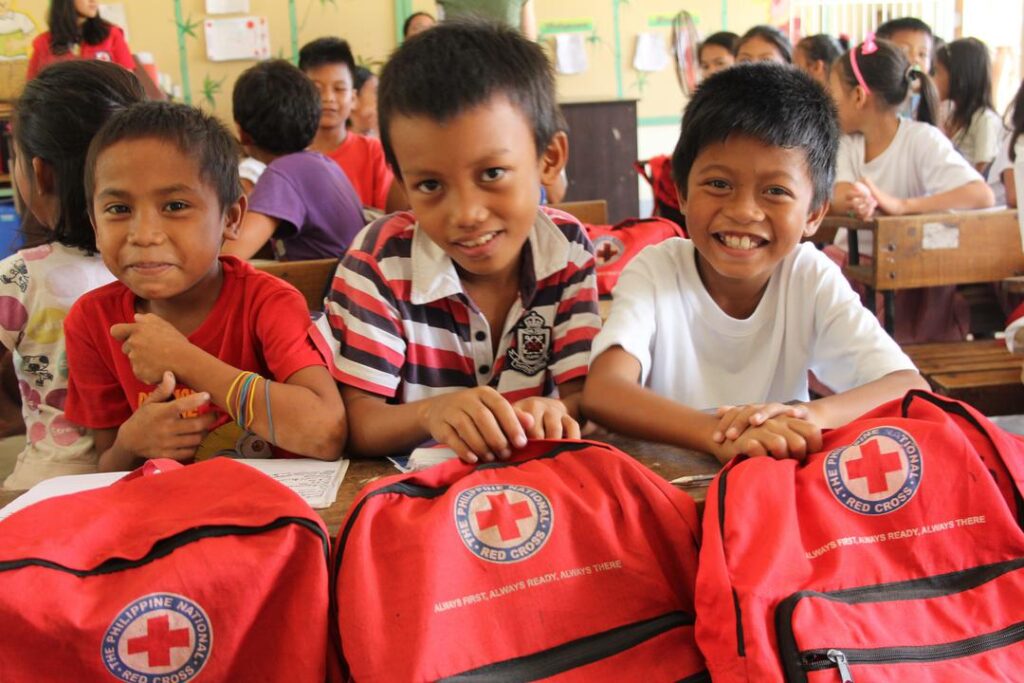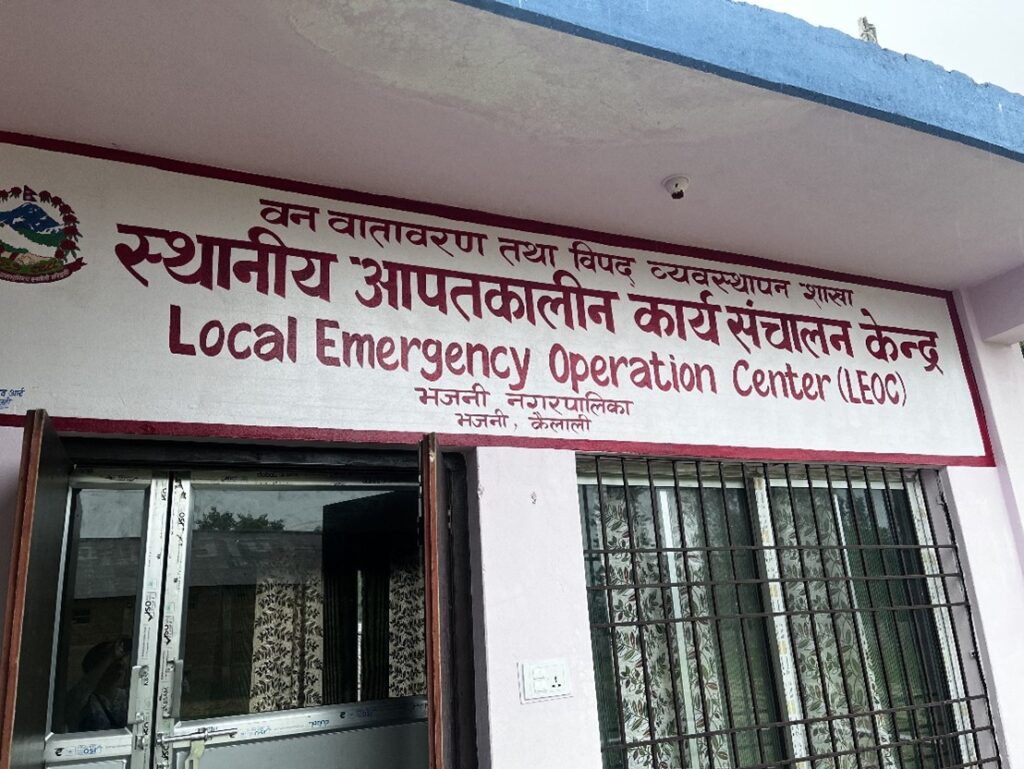Protocol of Engagement between Local Governments and Humanitarian Actors
When emergencies occur in urban areas, humanitarian and development actors do not necessarily know how to work with, or in support of, local governments responsible for their respective jurisdiction, in addition to their collaboration with national governments. Humanitarian and development actors responding do not always arrive with an intrinsic understanding of complex socio-economic dynamics, governance […]
Protocol of Engagement between Local Governments and Humanitarian Actors Read More »




